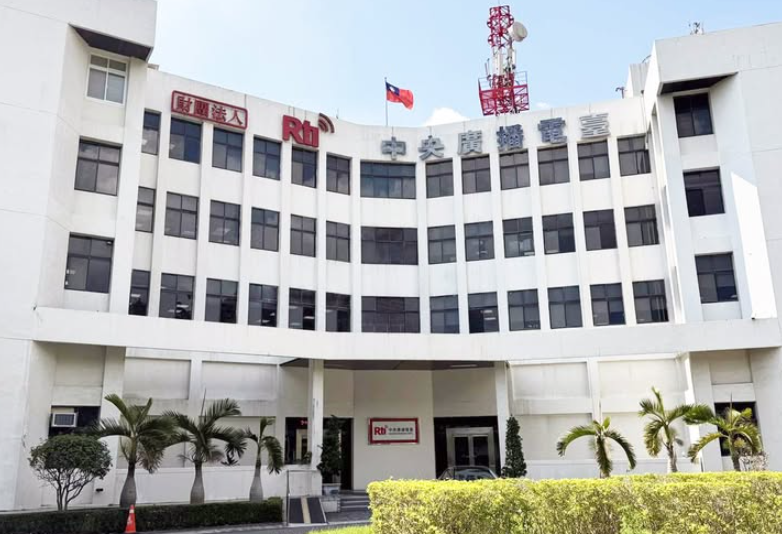The Data Challenge: Integrating CDx Results with Electronic Health Records and Clinical Decision Support
As Companion Diagnostics (CDx) move from detecting single mutations to generating comprehensive genomic profiles (CGP) that include hundreds of data points, the industry faces a profound challenge in translating this massive influx of molecular data into actionable clinical insights at the point of care. The raw output from a Next-Generation Sequencing (NGS) assay is highly complex, requiring sophisticated bioinformatics and interpretation to identify relevant, drug-matchable biomarkers from a background of benign genetic noise. The complexity of the Companion Diagnostics for Oncology Market Data necessitates an effective integration strategy into existing healthcare IT infrastructure. Currently, molecular results are often delivered as lengthy, complex PDF reports, making it difficult for busy oncologists to quickly extract key information and integrate it with a patient’s medical history and treatment plan.
The future of CDx lies in seamless data integration. This involves developing standardized data formats and Application Programming Interfaces (APIs) to ensure that the molecular results can be directly imported into Electronic Health Records (EHRs). Crucially, this integration must enable the deployment of Clinical Decision Support (CDS) tools. A CDS system could automatically cross-reference the patient's detected tumor biomarkers with an up-to-date database of FDA-approved targeted therapies and relevant clinical trials, presenting the treating physician with a ranked list of the best-matched treatment options. Overcoming the data challenge—moving from raw data generation to automated, real-time, and actionable clinical support—is the critical next step required to fully realize the potential of precision medicine and maximize the utility of advanced CDx testing.





